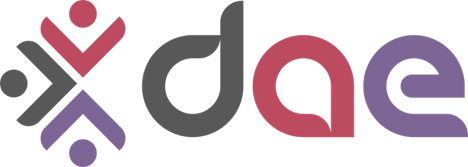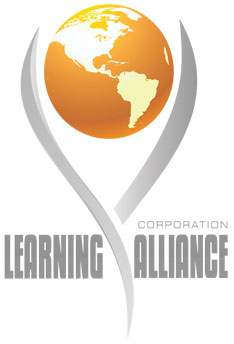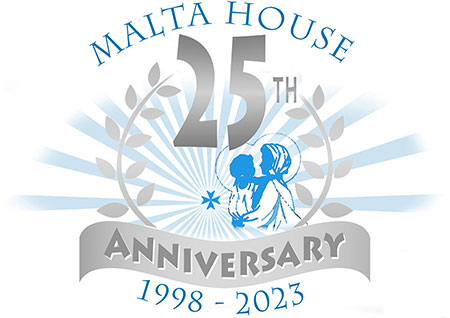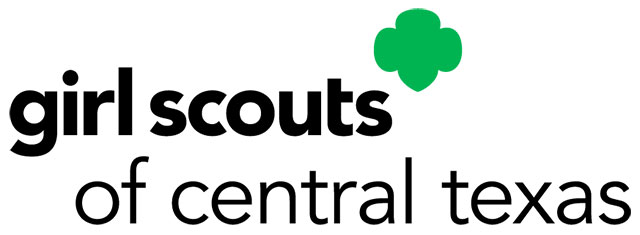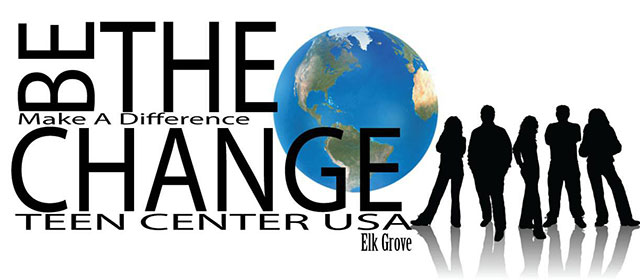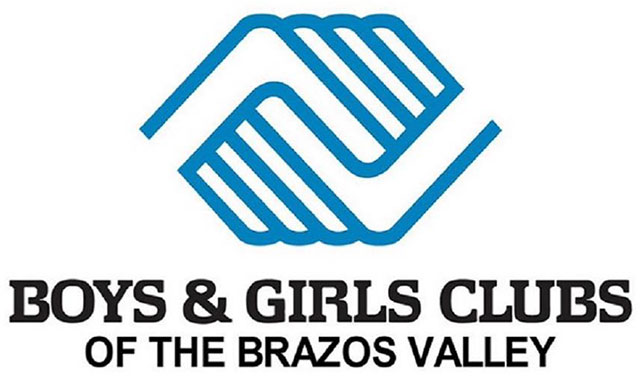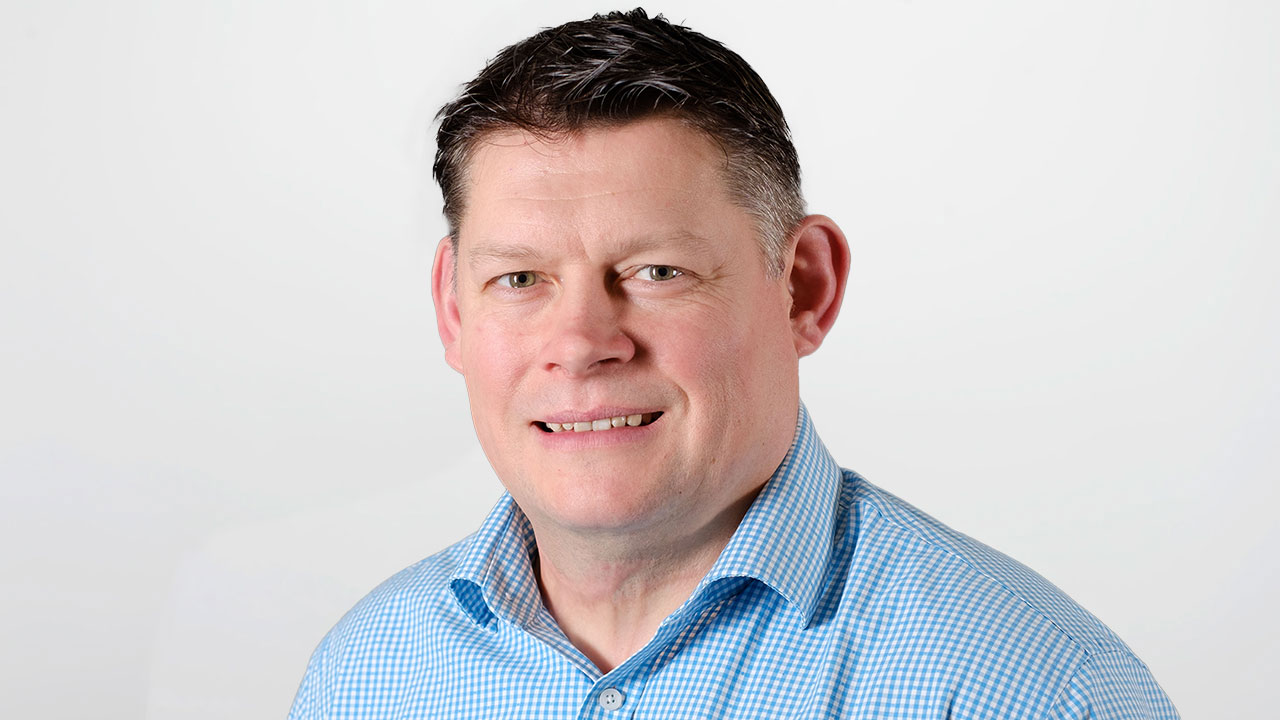Recent

Frontier to Report First-Quarter 2024 Earnings on May 3, 2024
Frontier will report its first-quarter 2024 financial results on Friday, May 3, 2024.
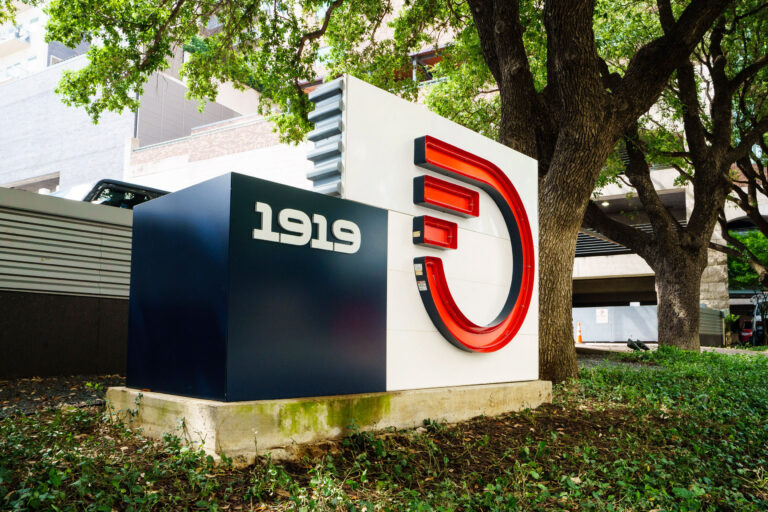
Frontier is helping fiber securitization take off
Frontier last August inked a $2.1 billion asset-backed securitization (ABS) deal – the first public company in the U.S. to secure funds backed by fiber-to-the-home (FTTH) assets.

Frontier Donates High-Speed Fiber Internet to Expand STEM Opportunities for Students in Connecticut
Frontier will donate high-speed fiber internet to District Arts and Education of New Haven, Connecticut through our Broadband for Good program.

Illinois Rolls Out Rural Broadband Funding: Frontier to Get $24.7M
The state of Illinois is quietly rolling out some broadband funding awards in round three of the Connect Illinois rural broadband funding program. Two recent awards went for buildouts in Greene County and Kendall County. The award for Greene County is for $24.7 million, which will go to Frontier for a fiber broadband deployment.

Frontier Awarded $24.7M Grant to Expand Fiber Broadband Service to Unserved and Underserved Communities in Illinois
Frontier received $24.7M in grant funding to expand high-speed fiber broadband service to homes and businesses in rural Illinois.
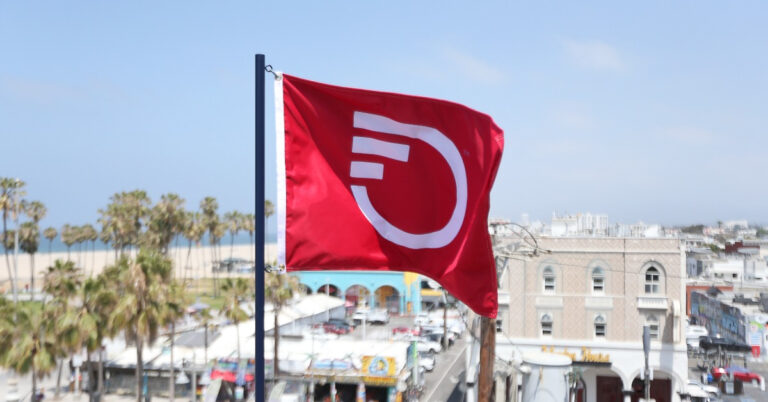
Frontier to Present at The New Street Research and BCG Fiber-to-the-Future Conference
Frontier’s Executive Vice President, Strategy & Wholesale, Vishal Dixit is scheduled to present at The New Street Research and BCG Fiber-to-the-Future Conference.

Frontier to Report First-Quarter 2024 Earnings on May 3, 2024
Frontier will report its first-quarter 2024 financial results on Friday, May 3, 2024.

Frontier Donates High-Speed Fiber Internet to Expand STEM Opportunities for Students in Connecticut
Frontier will donate high-speed fiber internet to District Arts and Education of New Haven, Connecticut through our Broadband for Good program.

Frontier is helping fiber securitization take off
Frontier last August inked a $2.1 billion asset-backed securitization (ABS) deal – the first public company in the U.S. to secure funds backed by fiber-to-the-home (FTTH) assets.

Illinois Rolls Out Rural Broadband Funding: Frontier to Get $24.7M
The state of Illinois is quietly rolling out some broadband funding awards in round three of the Connect Illinois rural broadband funding program. Two recent awards went for buildouts in Greene County and Kendall County. The award for Greene County is for $24.7 million, which will go to Frontier for a fiber broadband deployment.

Savings Worth Cheering About: Frontier and YouTube TV Launch NFL Sunday Ticket Offer
Get ready for an exciting NFL season with Frontier and YouTube TV’s NFL Sunday Ticket offer. We’ve teamed up with YouTube – the new home

Meet Giga: Frontier’s AI-Driven Chatbot Is Ready to Have Personalized Conversations
Introducing, Giga— Frontier’s AI-driven chatbot that understands customers’ service needs and provides fast, personalized solutions, 24/7.
